The green movement aims at changing the human nature to preserve the environment. This book builds a terracotta movement that focuses on changing incentives to manage the environment. Terracotta means ‘burnt earth,’ and refers to earthenware made from this material. It is the creation of human action on a natural resource. Terracotta symbolizes the philosophy that values natural resources, not in isolation, but in their relation to human beings. The relationship in not always extractive or consumptive, as the greens claim. It is often eaesthetic, contemplative, and spiritual. All the varied relationships are nonetheless between human s and the ecology-and their complex interactions and independence. There is he heroic mission to change human nature, ours is a human endeavour to create a better world by restructuring incentives. The green vision versus the terracotta vision! To provide material comforts we use material resources, leading to environmental problems. The greens’ governmental approach of guns and guards has proven to be a dismal failure. Instead of rethinking the approach of guns and guards has proven to be a dismal failure. Instead of rethinking the approach, they are determined to intensify it: more consciousness raising, stricter rules, harsher penalties. The terracotta approach relies on the incentives that come with resource ownership for prudent, sustainable management. The individual, family, and community ownership or stewardship provides right incentives. Government ownership leads to the tragedy of the collective. Give communitities property right to natural resources. It would achieve the dual objective of the protection of resources and their emancipation from poverty. When the resource must remain in collective ownership, design rules such that users pay the price for the use of the resource. The green vision of wilderness versus the terracotta vision of wise use! The environmental problems arise not because our nature is to pollute, poach, misuse, overuse, but because the incentives are perverse. Change the incentives by restructuring ownership and pricing and the outcomes will change-towards a greener and humane terracotta world.
Terracotta Reader: A Market Approach to the Environment
In stock
Free & Quick Delivery Worldwide
reviews
Bibliographic information
Title
Terracotta Reader: A Market Approach to the Environment
Author
Edition
1st ed.
Publisher
ISBN
8171884261
Length
495p., Tables; Figures; References; 23cm.
Subjects

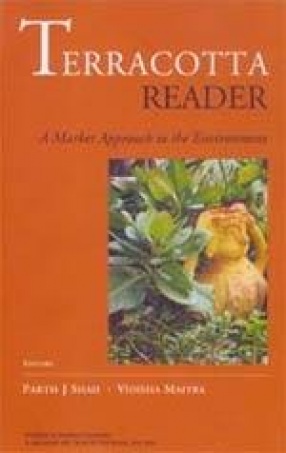
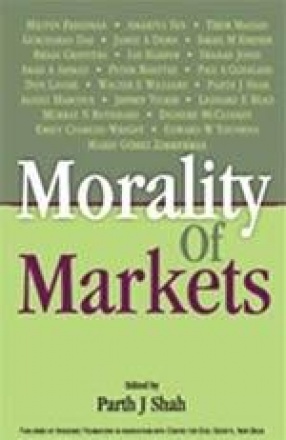
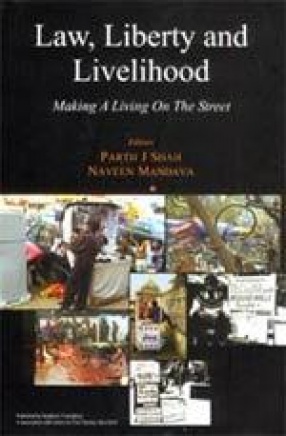

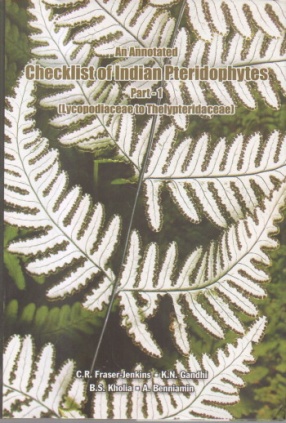
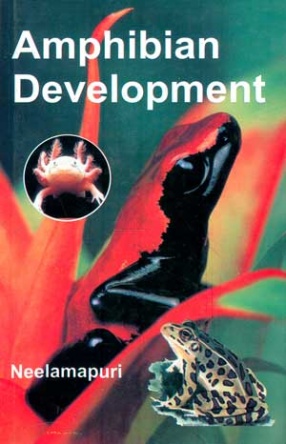
There are no reviews yet.